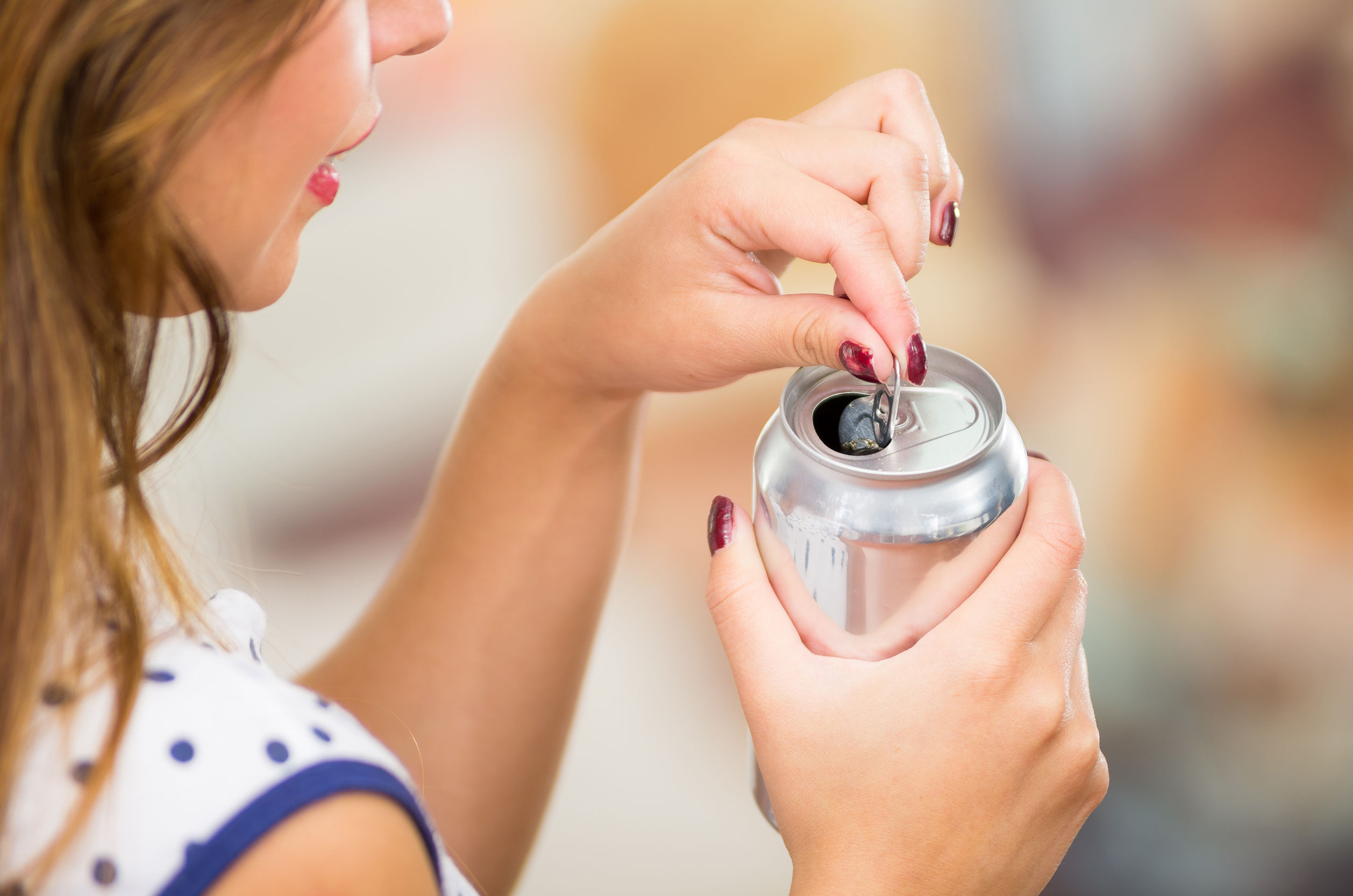It seems the US public is well-aware of how detrimental soda can be to their health. According to Bloomberg, as of 2016, “per capita soft-drink consumption in the U.S. fell to a 31-year low.”
Most Americans know soda will cause their teeth to decay and are making more health-conscious decisions because of it. Even beverage juggernauts like Coca-Cola and PepsiCo. are changing their product suite to account for this, marketing brands like Smartwater, Honest Tea, Topo Chico, and SodaStream (the number one sparkling water brand by volume in the world).
Unfortunately, along with the decrease in soda consumption, came an increase in the energy drinks. By some estimates, this industry is valued at $102.9 Billion (2018) and expected to grow.
To be fair, “energy drinks” are a broad category, including “fruit and vegetable juices, bottled water, sports drinks, beverage concentrates, ready-to-drink tea, and ready-to-drink coffee.”
But sugary energy drinks (like Red Bull and Monster) are also on the rise. Nearly half of teens and young adults in the US are consuming these types of drinks daily.
This is a serious problem for our oral health. These drinks are both sugary and acidic, which is a double whammy for our teeth. The reason it’s so damaging is because it destroys our tooth enamel.
Enamel is what covers the outer layer of your teeth, made up of mostly minerals. It plays a wildly important role in protecting our teeth from decay, fighting off plaque and cavities. And once this coat of armor is destroyed, it’s gone for good. It does not contain any living cells, so your body cannot make more to replace it (as it does with our bones).
According to Poonam Jain, BDS, MPH, associate professor and director of community dentistry at the Southern Illinois University School of Dental Medicine, “Enamel is the hardest substance in the human body,” yet it “dissolves in these highly acidic drinks.”
Jain and her team published a peer-reviewed study journal General Dentistry. They found that a single sip of one of these energy drinks can cause the pH in our mouths to go down to 2 (for reference, it is normally a pH of 6.8 or 7). It then takes approximately 30 minutes for the human body to bump our saliva up to its normal pH. Jain says, “For those 30 minutes, your teeth are essentially bathed in an acidic environment.”
To get even more of an image, Bobby J. Grossi, DDS, a dentist in Michigan, was quoted saying, “Energy drinks, with a pH of roughly 3.2, are almost as acidic as battery acid, which has a pH of 1.”
Scary stuff.
In Jain’s experiment, designed to emulate the multiple-cans-per-day energy drinker, found that “enamel loss was evident after five days of exposure.”
Remember, once enamel erodes, it’s gone. This leaves our teeth exposed to all sorts of ramifications: from sensitive and vulnerable teeth to oral pain, tooth loss, infection, and gum disease.
Of course, we advise giving these energy drinks up completely, however, we know that may not happen, so at the very least take precautionary measures. In the short term, rinse your mouth out with water after consuming these acidic beverages (this can help raise the pH in your mouth) and keep up with general mouth care (brushing and flossing). In the long term, come visit us at Greenspoint for your biannual cleaning.
And hopefully, one day, these energy drinks will follow the trend of their cousin, soda, and decrease world wide. Our teeth will thank us.

